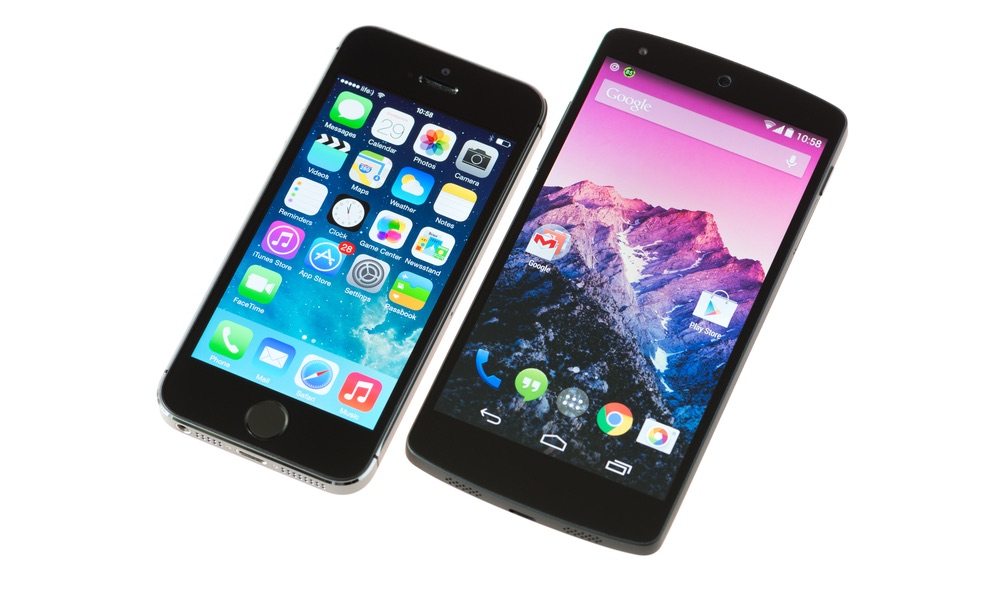Judge Rules the Government Can’t Demand Access to an iPhone

Toggle Dark Mode
According to Judge Orenstein of New York, the U.S. government cannot force Apple to unlock an iPhone that was used in a New York drug case, a decision that will bolster the company’s fight against the government forcing it to create a security backdoor for the iPhone.
The government first sought access to the device that was used back in October, a while before a California judge ordered Apple to take measures to gain access to the phone used in the San Bernardino shooting.

The judge ruled that he did not have the legal authority to order that Apple disable certain features of the iPhone, largely highlighting many of the arguments that Apple itself has made in the new case. In particular, he argued that the All Writs Act could not be used to force Apple to bypass its security measures, something that Apple says it can’t do regardless. Apple was also found to largely be exempt from requests such as these because of a law that was created in 1994 that discusses wiretapping laws.
The judge also spoke a little on the San Bernardino case, arguing that the demands made by the government in that case were even more far-reaching than those in the New York case.
Of course, not everyone is happy with Judge Orenstein’s ruling. The Justice Department said that it was “disappointed” in the decision, and is planning on asking a higher judge within the district to review the case in the next few days.
It’s important to note that the defendant in the New York case has already pled guilty, however law enforcement officials suggest that gaining access to the phone could help with the ongoing investigation into the case.
Apple, of course, has been against giving access to the iPhone and creating a backdoor for multiple reasons. The company argues that it could set a dangerous precedent as far as privacy goes, not to mention the fact that offering a back door could not only give iPhone access to law enforcement, but also to people like hackers and others who may want to access someone’s iPhone with ulterior motives.

“The government posits a reading of the latter phrase so expansive – and in particular, in such tension with the doctrine of separation of powers – as to cast doubt on the AWA’s constitutionality if adopted,” said Orenstein in his conclusions. “The implications of the government’s position are so far-reaching – both in terms of what it would allow today and what it implies about Congressional intent in 1789 – as to produce impermissibly absurd results.”
Prosecutors argue that since 2008, Apple has complied with around 70 court orders requesting access to an iPhone. Those court orders were based on the All Writs Act, and Apple complied with those requests without objection. Since October, however, which is when the company first asked Orenstein to deny government requests, Apple has objected to complying with at least 12 requests for access to devices by the Justice Department.
The specific cases highlight an overarching issue – privacy. Many have been much more on edge when it comes to customer privacy since the leak of hundreds of documents from the NSA, which described spying practices on millions of citizens in the United States, many of which were innocent of any wrongdoing. The leak was done by former NSA contractor Edward Snowden, who is currently living in Russia to avoid being tried as a traitor in the US.
The leak did, however bring privacy to the forefront of many people’s minds, something that has prompted companies like Google and Apple to develop encryption techniques that the companies themselves can’t even bypass.
The San Bernardino case took another turn recently when it was discovered that the FBI ordered that the password used by one of the shooters to gain access to iCloud be reset, something which likely cost the FBI a chance to gain access to the data on the iPhone. The FBI believed that by resetting the password, it could access data on the phone. Instead, however, doing so locked them out of the device.
“The big question for our country is how much privacy are we going to give up in the name of security,” said a Utah Republican, Representative Jason Chattetz.
Learn More: 10 Tricks to Double Your iPhone’s Battery Life






